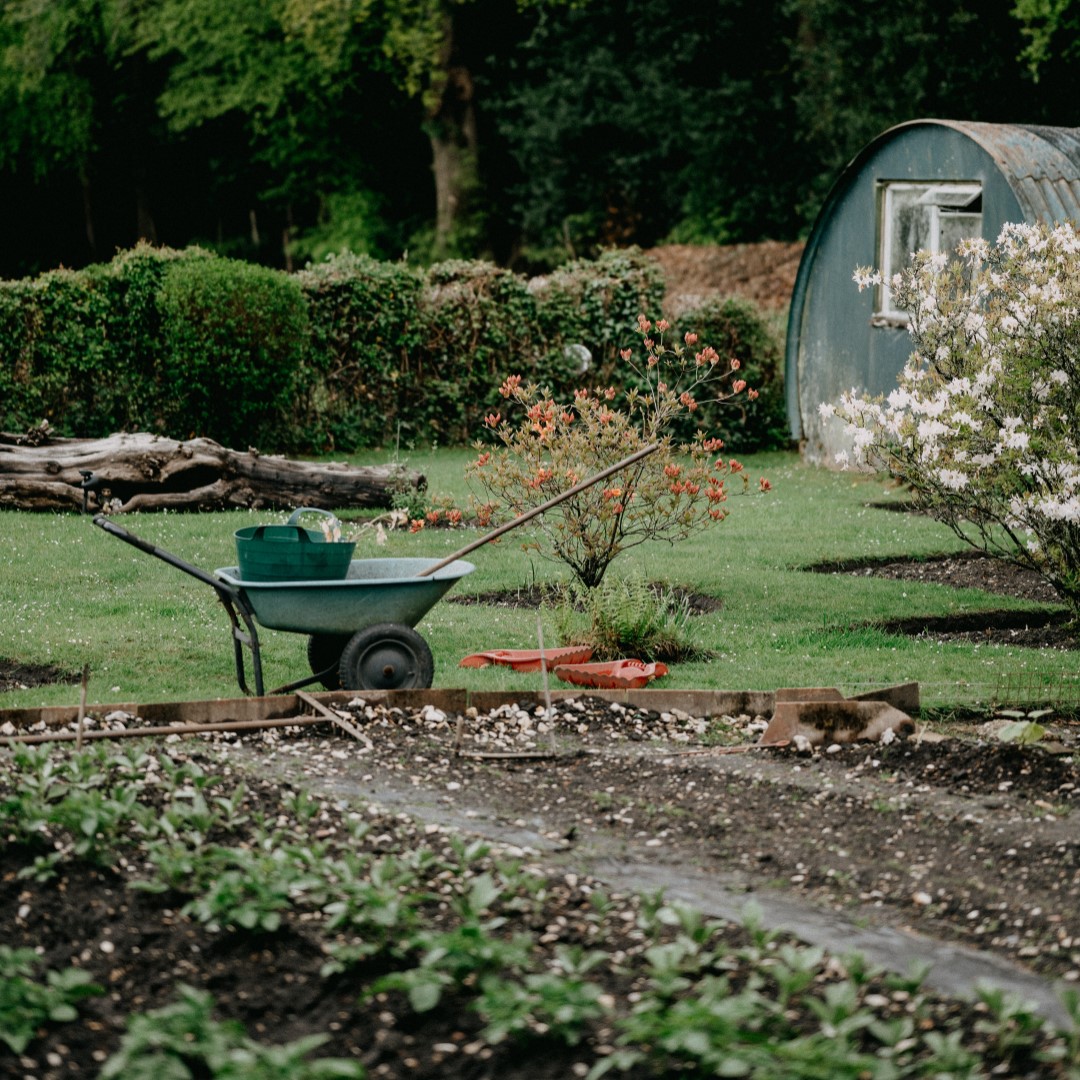Aug 17 2023
Lessons from your garden
It’s official – we are now in an economic recession. Our economy has had two quarters of negative growth, the share market continues to be volatile and interest rates have been rising but are now probably at their peak. Should we be worried about this situation, and what does it mean for investors? The answer just might lie in your garden.
Everything in nature has cycles
Whether it is the sun rising and setting, tides going in and out, or the seasonal cycles of spring, summer, autumn and winter. There are short cycles and longer cycles, and if you look at cycles in the universe, some last thousands of years.

All cycles in nature have specific attributes:
- they repeat in perpetuity
- they are predictable
- they are similar in nature but not identical
- they can take you to a slightly different place than where you started as they follow a long-term trend (up/down, in/out, near/far).
Economic cycles are similar in nature to the four seasons.
During the ‘spring’ of an economic cycle we see lots of new and rapid growth. In ‘summer’ the economy blossoms and the world seems good. We enjoy the fruits of summer in ‘autumn’, but there is a sense that the good times are over. And finally in the ‘winter’ of the economic cycle we see decay and decline. However, because this is a cycle, we know that winter is always followed by spring, a time of new growth. If we look back to the last ‘winter’ we may find that we are still ahead of where we were then because of the long-term upward trend of economic cycles.
There are some valuable lessons to be learned about economic cycles and wealth management from observing your garden.
Gardeners will tell you that each season has its own distinctive benefits for the garden
Spring is a time for new things to emerge, including things we didn’t necessarily know were in the garden, such as seeds buried in the soil. The economic parallel is the emergence of new businesses or new industries, which are full of future potential. New plants make the most of the resources available to them (sunshine, rain and good soil) to mature and bloom, in the same way that businesses also use resources and mature in the economic environment. It is natural for businesses and the economy to go into decline once we have enjoyed the fruits of a boom period. Winter is a time for clearing, removing dead wood, and preparing the ground for spring. In fact, if we didn’t have a fallow period during winter, it is unlikely we would enjoy such wonderful growth in spring.
Recession is like winter. It is a time that clears the way for new growth. Some businesses will die during this period, freeing up resources to be used by the new businesses that will emerge in spring. A healthy garden is one that has had a period of rest and which has been carefully tended to remove weeds and dead or decaying material to make space. While winter may sometimes be unpleasant, it is not bad, and in fact it is an essential part of the growing process. Recession should be celebrated for the benefits it will bring.
We can also use the garden as a metaphor for creating and managing wealth over time
Let’s say you are starting with a bare piece of land to create a magnificent garden. The starting point is to work out what resources you have available. What is the nature of the soil, the climate and the growing conditions? Is there any preparation needed for the site to make it more fertile? In money terms, this means looking at the financial resources you have available currently, your ability to earn and add to your wealth, and how solid and stable your current financial situation is.
Next comes the planning and design. What is it you want to create? It might be something simple and practical, or it might be something elaborate, luxurious or a work of art. Your vision will determine the steps you need to take, how much effort you need to put in, the growing time, and the extra resources you might need to bring in to get there. Building a significant amount of wealth requires careful planning and the use of experts and other financial resources to get there.
Keeping your eyes on the prize
As your garden grows, it is essential to keep it free of weeds and fertilised. Weeds can smother plants or stunt their growth. Plants that are not flourishing need to be pulled out and replaced. It’s no different with money and investments. Poor-performing investments, debt and lack of attention will all detract from your ability to create wealth. Investments need to be reviewed on a regular basis to ensure they are delivering what you expect.
The old adage ‘you reap what you sow’ sums it all up.
Written by: Liz Koh
Liz Koh is a money expert who specialises in retirement planning. The advice given here is general and does not constitute specific advice to any person.